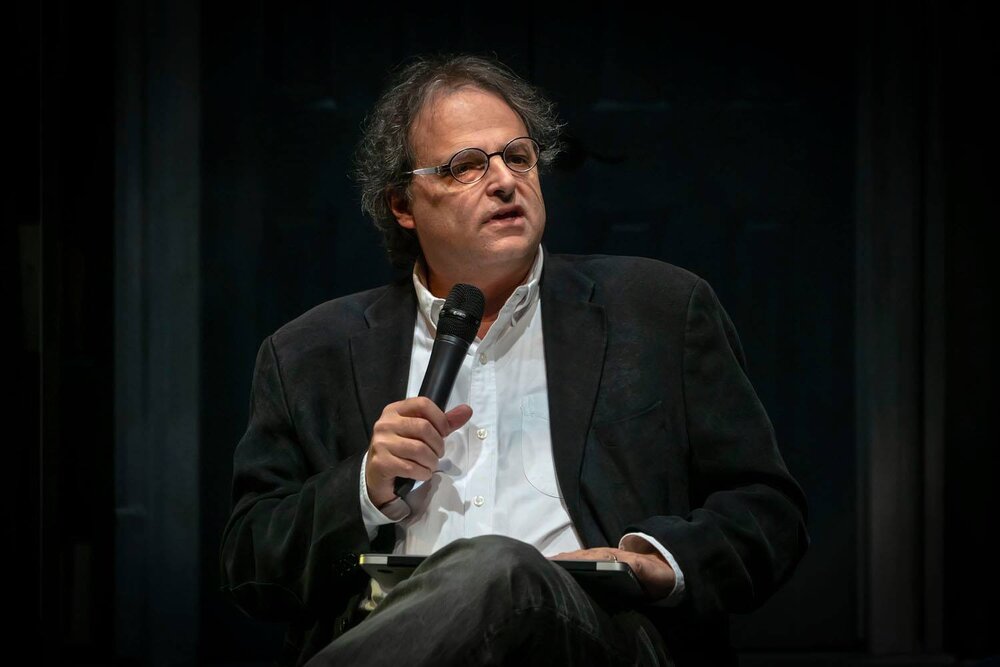In a meeting Tuesday night, November 17, 2020, the 26-member board of Mosaic Theater Company of DC unanimously accepted the resignation of Ari Roth, who founded the company six years ago “to be a home for socially relevant drama and cross-cultural discourse,” as he wrote in a public statement November 18 on Medium.
“It is a company I still care very much for,” Roth said, “a company that finds itself in the throes of cascading crises, like so many institutions; navigating valiantly, but — in Mosaic’s case — with depleting trust in the structural leadership role that a Founding Artistic Director can provide…

“Even as Mosaic has achieved so much over its short five-and-a-half seasons,” he continued, “philosophical and practical differences about the direction of the company, along with escalating, long-running management tensions, have led to a leadership crisis, with no solution in sight.”
Bill Tompkins, Mosaic Theater board chair, said in a statement that over the summer Roth “was granted a three-month sabbatical to engage in research, reflection, exploration of management skills and abilities, etc. as Mosaic continued a review of the organizational processes that best allow the Theater Company to fully realize its unique mission, values, and goals.” Roth’s resignation was accepted, Tompkins said, “following all due process and a full consideration of his thoughts, and with a sincere thanks to Ari for being the spark that launched Mosaic.”
Mosaic’s managing director Serge Seiden described in a statement some of the internal organizational changes that occurred during Roth’s sabbatical:
“Starting in early July the staff has been engaged in exciting restructuring. Department Heads have all become students of The Management Center. We have instituted several new management techniques as a result: one on one weekly meetings with direct reports, standard protocols for weekly staff and Department Head meetings, and perhaps most importantly a decision-making, consensus building set of cross departmental Matrix meetings…..
“We are innovating our organization with extraordinary results. The staff have demonstrated resilience in the face of budget cuts and developed necessary new skills. They’ve overcome obstacles and demonstrated their own genius. Morale, engagement, rigor and joy are strong, in spite of this horrific pandemic.
“We have created a ‘Programming Matrix’ group to begin to chip away at the myth of the singular, mostly male, mostly white ‘artist of genius’ myth. Our Programming Matrix has been meeting weekly for the past five months to harness the collective power of our team in thinking through Mosaic decisions….
“In short, we are building a new culture based in collaboration — one of the essential components of great theater art. By thinking about collaboration as inclusion and equity — we will strengthen our bonds with artists, improve partnerships, make more consistently impactful art and attract more patrons.”

Mosaic Theater heads into fall season recommitted to anti-racism
Mosaic Theater announces postponements and temporary leadership change





“Our Programming Matrix has been meeting weekly for the past five months to harness the collective power of our team in thinking through Mosaic decisions.” Brilliant. Because everybody knows that in order to do something well, you should do it by committee. What good ever came from having someone with an artistic vision running a theater? No, what makes great art is carefulness, compromise and a strict adherence to bureaucratic procedure. I look forward to what will surely be a thrilling season of Plays That Check All the Right Boxes.